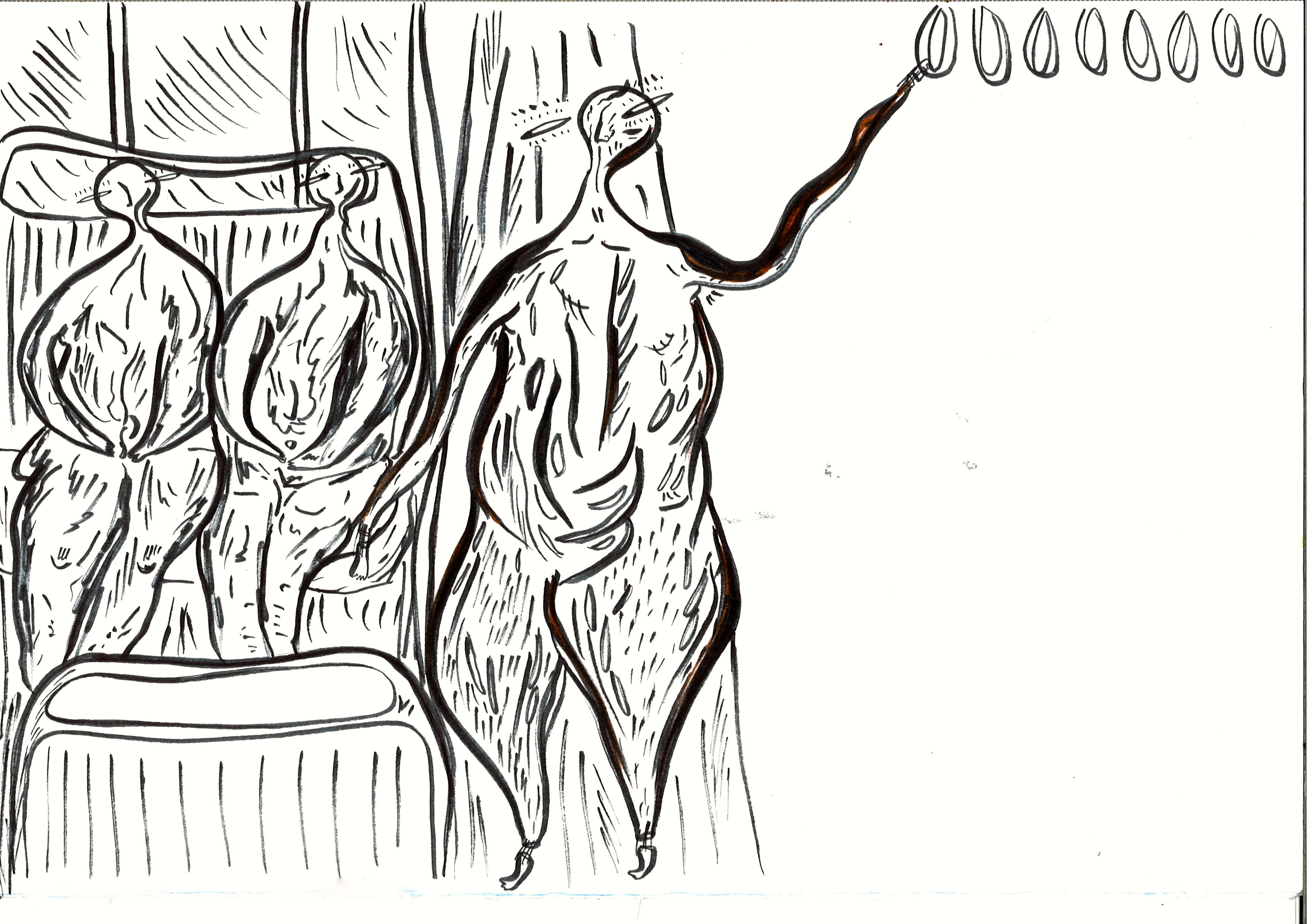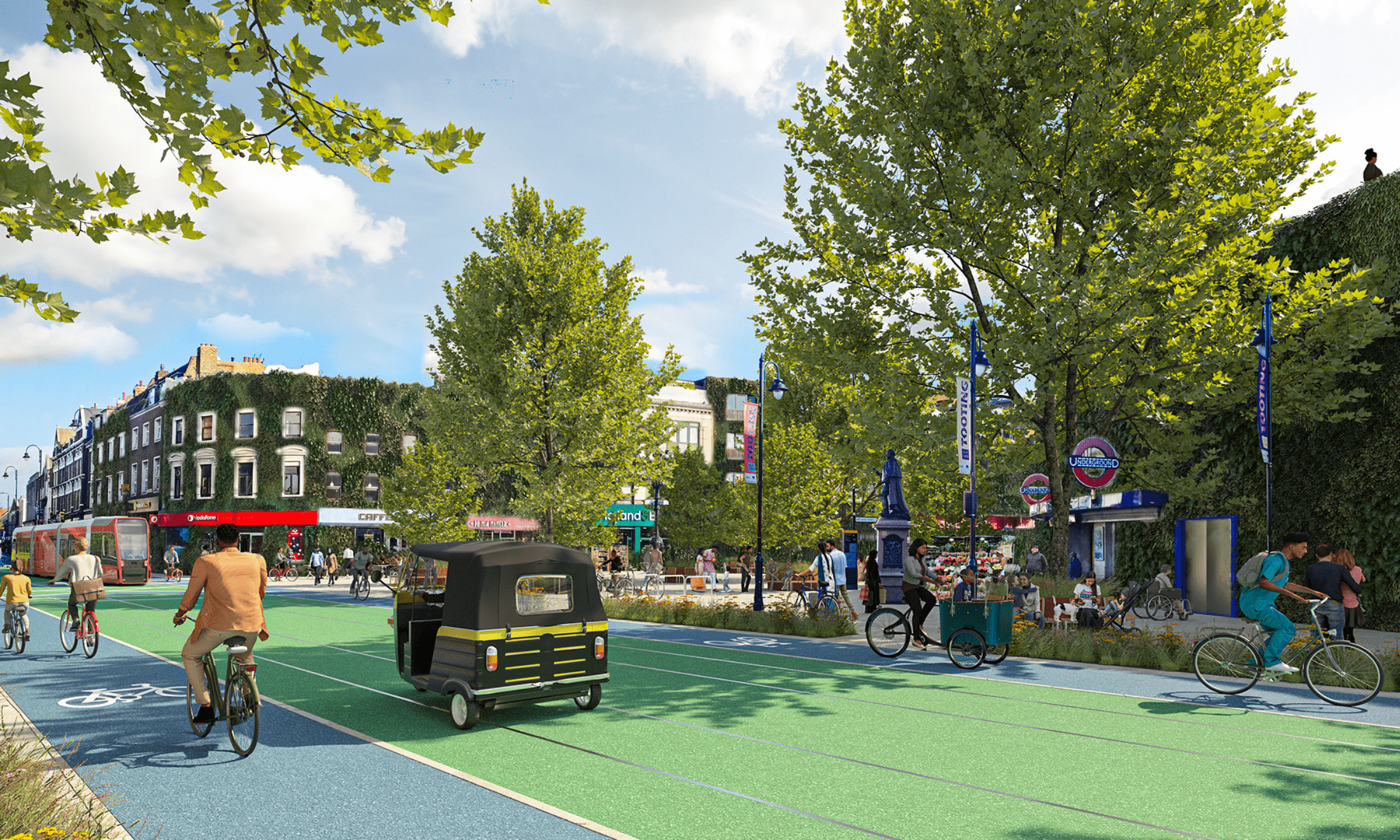
I am not the colour of porcelain, so delicate one false move could smash it to pieces. There’s something about my skin that the world perceives as more resilient. My skin is taken as an indication of my toughness. I am the complexion of tan leather, I am solid oak wood. Being a person of colour (PoC) comes with more complex struggles than outright racism; sometimes it’s the little indicators – things so subtle you can drive yourself crazy wondering if what you felt was real or imagined after a lifetime of the societal insinuation that you will always be inferior.
My friend Mia is a British-born woman of Jamaican heritage, in her late 20s. She was on a busy train on route to work one morning, standing in front of a suited and seated white man. She’d been there long enough for the unwritten train rules to apply – when he got up, that would be her seat. She’d had a tough morning; she couldn’t wait to sit down.
“I am not the colour of porcelain, so delicate one false move could smash it to pieces”
But when this man finally stood up to depart the train, he blocked the seat from Mia and said to a white woman standing nearby: “Would you like this seat?”
He didn’t want Mia to sit down. Why?
The woman was no better; she attempted to grab the seat. Despite Mia paying the same price for a train ticket, this woman felt the seat belonged to her first. Lifelong entitlement can run deep, unconsciously, on autopilot. Whether it’s a white woman treading on my foot and then looking at me as if I had encroached on her previous personal space, or expecting me to move out of their way as they walk down the street, these are daily occurrences.
Once I’d got Mia started on what she’d experienced on public transport, she couldn’t stop. “I’d been waiting for a free seat for a while, when someone next to me stood up to get off – then I saw this white woman marching towards me from a distance. It was only when I slipped into the seat that she stopped marching towards it. So in her mind, no matter who got off, you were always going to get the next seat. You and I are both standing – but even if it’s closer to me, YOU get my seat. If it’s closer to you, YOU get that seat. It’s the entitlement.”
If a train is busy and someone vulnerable needs a seat, it is the PoC who will be expected to give their seat up first. Of course, we’re more than happy to give up our seats for someone in need, but the question is why are we less entitled to have one?
Once I was on a train which had many empty two-seaters. It was a Sunday and lots of people had suitcases from their weekend adventures, which they’d placed on the seat next to them. I too had a suitcase, but it was on the floor, not quite obstructing the seat next to me. Out of nowhere, a white woman stormed up to me and demanded I move my suitcase. “THESE SEATS ARE FOR PEOPLE,” she bellowed at me.
I asked, in my best Queen’s accent (something I always feel I need to do to assure people of my Britishness) why she was questioning me when what I was doing was no different to anyone else on the train and she quickly became quiet, sitting away from me on a free two-seater. Ironically, she blocked the seat next to her with her suitcase. I had to laugh at the audacity.
There have been times where I just thought I’m being crazy – this must just be my own paranoia. But many friends have set me straight on that. Laila, born in London with St Lucian heritage, spoke to me about her experiences.
“If a train is busy and someone vulnerable needs a seat, it is the PoC who will be expected to give their seat up first”
“I get a lot of white people on my train being rude, pushing past me and doing the most – but then they are so well mannered when it comes to [other] white people. Then when you confront them on their attitude they start to do that whole ‘oh, I’m scared of the angry black women’ thing. Then all of a sudden their attitude turns into fear… When they have nothing to be scared of.”
The excuse of finding black and brown people “scary” simply deludes said people into believing they can be violent towards us and still be the morally superior, righteous ones – it’s almost like they believe they’re fighting crime. I suppose it boosts their frail egos, yet as a testament to their cowardice, it’s always a vulnerable woman who has to bear the brunt of the abuse, never a big man with a beard. This mentality was demonstrated by a horrific story told to me by a friend, who wishes to remain anonymous.
“My ex-girlfriend was coming home alone on the tube a few days after a terror attack. A gay couple started talking loudly about it, staring at her, and then questioned her looking back by asking ‘are you afraid of something? Are you hiding a bomb in your handbag?’
“They went back and forth – then one of them punched her in the face. It left a mark. She is just over five foot, of Punjabi Sikh background – she was in a dress, wearing makeup.
“She has no lasting scars, but I think the shocking thing was it was a gay couple, who themselves should know what prejudice feels like. They were adamant she must hate them for being gay because of her background. And to hit her, which one did before jumping off at their stop, that’s just like… what the fuck? As I said she is 5”1, probably around eight stone, but the whole ‘terror thing’ made them think it’s okay to hit her.”
“Why is it that society treats women of colour as if we were built to specially deal with a daily bombardment of hostile behaviours?”
Why is it that society treats women of colour (WoC) as if we were built to specially deal with a daily bombardment of hostile behaviours ranging from strange looks to aggressive shoving, to physical abuse?
It doesn’t matter that I am 5”4 and drown in crowds of people quite easily. I’m not precious, I am not porcelain, hell, I’m not even pretty, according to every ‘scientific’ study that comes out about attractive people. I wrote “I wish I was white” in my diary when I was six years old and I can’t tell you how sad that makes me now. But what does that say about how WoC are made to feel from the moment we are born? I am frequently stared at in curiosity like I’m an animal, whilst women of a paler demographic are generally being smiled at and offered seats. And it doesn’t even matter if you’re pregnant, Mia reminded me.
“It didn’t affect me, but there was one time where I regret not saying anything. There was an Indian woman on my train and she was heavily pregnant – like, nine months pregnant. She was standing in the middle of the carriage and not one person would give her a seat. Every time someone got up, a standing passenger would race to the seat and take it. I should have said something.”
And maybe that’s it. While I am sick of being expected to be the cure to my own victimisation and it’s exhausting to fight for equal rights to existence every single day, I have to speak up.
Last week I was on the District Line when a man got on with his girlfriend and asked a elder gentleman, who appeared to be of middle eastern descent, if he worked in a newsagent. When he apparently had the audacity to reply “no” without bowing his head in respect as an apology for not working in a shop, the white man turned to his girlfriend and said “I love all people and I’m not racist, but I’m sick of this melting pot of shit, you know? They come here and they’re arrogant”. I was so desperate to say something, but I was scared. The silence on the entire carriage told me I wasn’t alone. The guilt of my own silence stayed with me. Guilt, animosity, fear, alienation, anger, resentment – it’s all so very tiring. But I’m trying.
On my commute home the other day, I was sitting down when I saw a visibly pregnant black woman standing. I immediately stood up and made a fuss of her, almost shouting, “has nobody offered you a seat?” and I watched people sitting drop their heads down, one by one.








